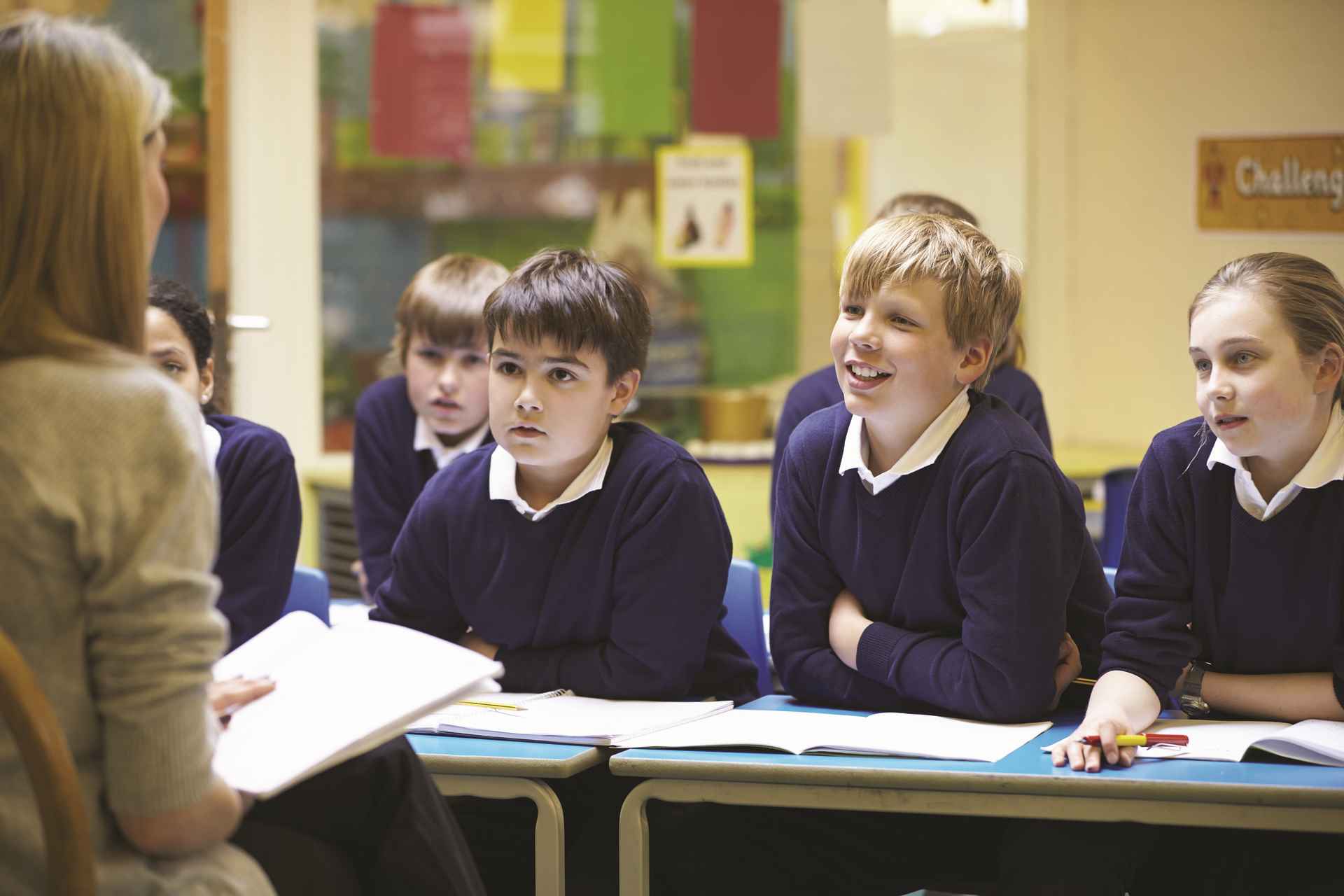
Schools must urgently reopen to stop a multigenerational chasm widening between our more advantaged children, and those from families of concentrated disadvantage, senior health education lecturer Dr Leila Morsy said in a media statement last week.
“Other states and territories should follow South Australia to reopen schools on Monday. If we do not, Australians will be paying the price for generations to come,” says Dr Morsy, from Flinders University’s Prideaux Centre.

“Towards the end of last term, many schools partially or entirely shut their doors to students and started delivering instruction online. State and federal policymakers have not yet set a date for reopening school buildings to children, despite current evidence suggesting that children seem to be negligible spreaders of the disease.
“The longer that Australian schools remain closed or partially closed, the worse our gap between advantaged and less advantaged students will become.
“Children at risk of losing ground during school closures are those whose parents have lower levels of educational attainment, children from Aboriginal and Torres Strait Island backgrounds, students with special needs, children from low income families, and children from rural and remote areas.
“This gap in achievement between advantaged children and their less advantaged peers will not be limited to academic achievement, but will reach into children’s health outcomes, non-cognitive skills including self-motivation and self-determination, enrolment and completion of high school and higher education, and future adult earnings.
“For many children, school is a safe place to go during the week. For many who come from difficult circumstances, it is perhaps the only safe place. When schools are closed, at-risk children will suffer greater exposure to violence, abuse, and neglect.
“These adverse experiences are predictive of a range of depressed academic, behavioural, and health outcomes, including difficulty paying attention, and greater risk of aggressive and violent behaviour, eczema, obesity, respiratory infections, and teen pregnancy.
“Moving to online education might be a difference in medium of instructional delivery, but not quality of teaching and learning. On average, this will not be the case for schools serving areas of concentrated disadvantage.
“These schools will struggle to support students online; their students are less likely to have fast internet at home that allows for downloading and uploading documents and streaming educational content; and many will lack a quiet place to do schoolwork.
“Schools with greater resources – including independent schools, government and Catholic schools serving more affluent families – have rapidly designed high-quality online learning for their students. Many students who attend these schools have high-speed internet at home, their own device, and a designated place to do schoolwork.
“Middle-class parents and carers, especially those who are highly educated, would probably have been supporting their children’s time-out-of-school by supervising online learning and engaging in home schooling.
“They may have provided additional educational and social resources such as apps, board games, games, conversations, musical instruction, walks through the neighborhood, educational television programs, reading books aloud, following recipes to cook meals, looking at art collections online.
“Some middle-class parents and carers might do very little to support their children’s learning, and some parents and carers from less advantaged backgrounds will do a lot. But, on average, home academic support will be greater for children from advantaged backgrounds.”
Dr Leila Morsy grew up in France and after university was a Teach for America teacher in under-resourced schools in Texas and New York City. She spent two years teaching middle-school writing at a public school in the Bronx and then was part of the founding team of a Harlem-based charter school where she taught middle-school reading. She is Academic Lead, Teaching and Learning in the Flinders University College of Medicine and Public Health. She is a Research Associate with the Economic Policy Institute in Washington DC.

